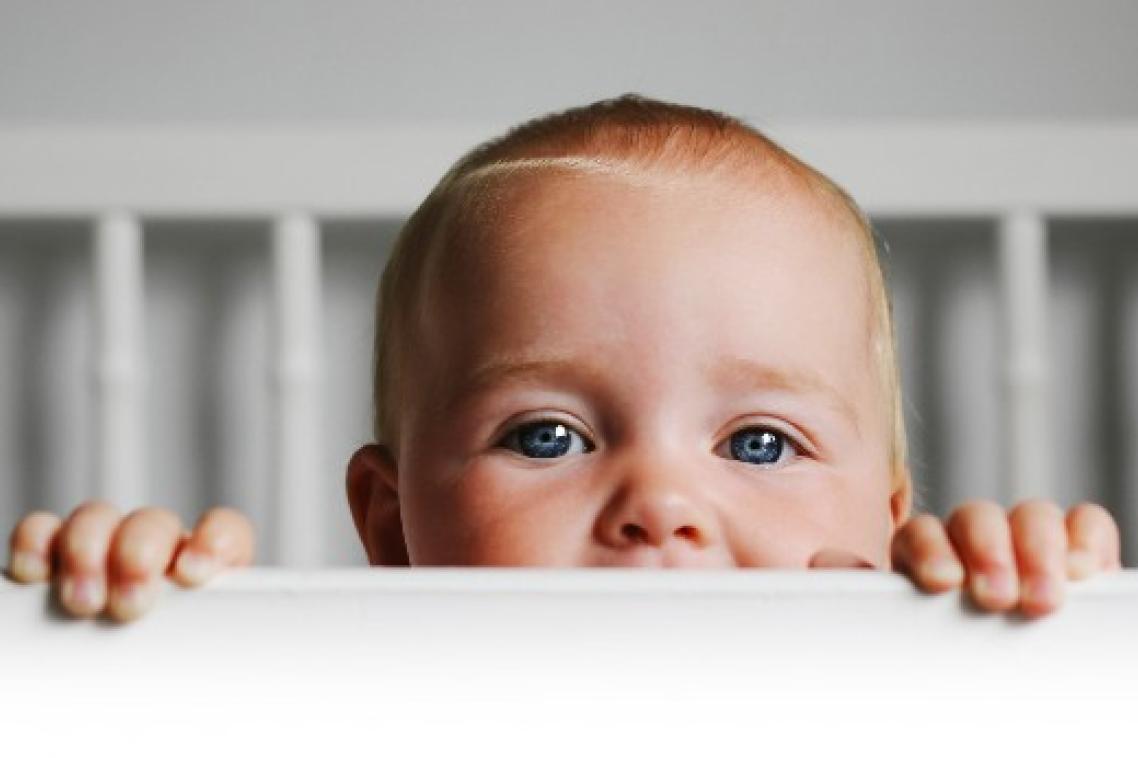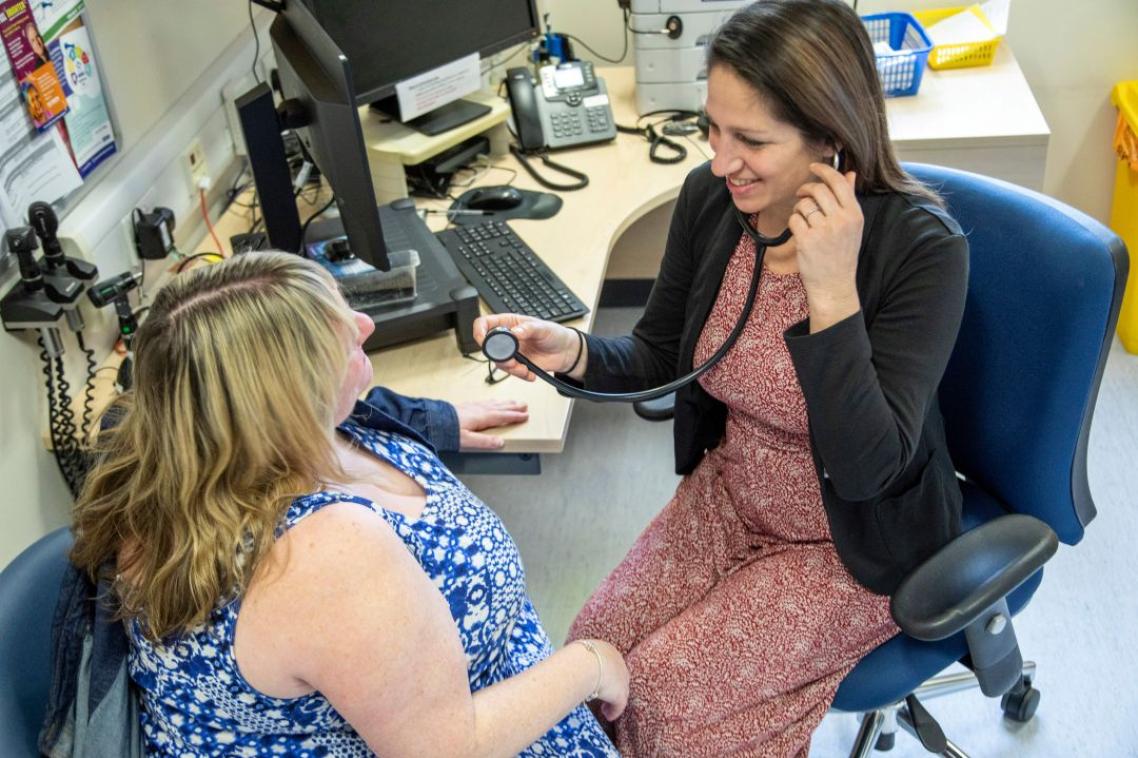Australian-first sleep study for children now recruiting

Researchers are calling for parents and kids to be involved in a national study into early childhood sleeping patterns at The University of Queensland.
Chief investigator Professor Karen Thorpe from UQ’s Institute for Social Science Research (ISSR) said the longitudinal study would follow more than 300 children over four years to determine the optimal amount of sleep children need to experience positive health and learning outcomes.
“There is compelling evidence suggesting that sufficient sleep is needed for health and learning in early childhood, but we have a limited understanding about the impact of sleep timing and sleep patterns,” Professor Thorpe said.
“The amount of sleep each child needs is varied and changes over time.
“I’m researching this area to contribute more robust evidence to our current understanding of sleep needs and sleep patterns, with the aim of improving outcomes for our kids.”
Professor Thorpe’s research group was awarded $705,000 by the Australian Research Council to conduct research into early childhood education and care.
This is the first study to link primary observations in early childhood settings, such as kindergartens and day care, with existing data on children’s outcomes.
Professor Thorpe said the results would produce findings on a wide range of sleep influences and effects and contribute to greater specificity about good sleep practices for early childhood development.
“It will inform policies such as the National Early Childhood Education and Care Quality Framework, and help provide parents and educators with the knowledge and confidence to support the changing needs of children’s sleep,” Professor Thorpe said.
The Sleep Transitions and Regularity Study (STARs) is one of a large portfolio of ARC projects overseen by Professor Thorpe, which also includes children’s digital literacy and bridging education gaps.
“In addition to STARs, the team will also work on other projects that review the effects of early education policies and work toward quality early childhood education and care,” she said.
Professor Thorpe chairs the Australian Early Years Reference Council and has twice been named by the Australian Financial Review as one of ‘Australia's 100 Women of Influence’.
ISSR is currently recruiting participants to the Sleep Transitions and Regularity Study; please contact the research team if you are interested.
The study is a collaboration between Children’s Health Queensland, the Australian Children’s Education and Care Quality Authority, and international scholars from the University of Colorado and the University of Bristol.
Editors: A Video News Release is available via Dropbox. It contains interview grabs from Professor Karen Thorpe, Dr Sally Staton, and volunteer Alicia and her son Chester, as well as overlay.
Media: Professor Karen Thorpe, +61 422 975 900, k.thorpe@uq.edu.au; Dr Sally Staton, +61 421 173 623, s.staton@uq.edu.au; Kristen Johnston, HASS Communications, (07) 3346 1633, k.johnston@uq.edu.au.
Topics
Related articles

Nature versus nurture question addressed in landmark study

A better way to assess cardiovascular health
Media contact
UQ Communications
communications@uq.edu.au
+61 429 056 139

